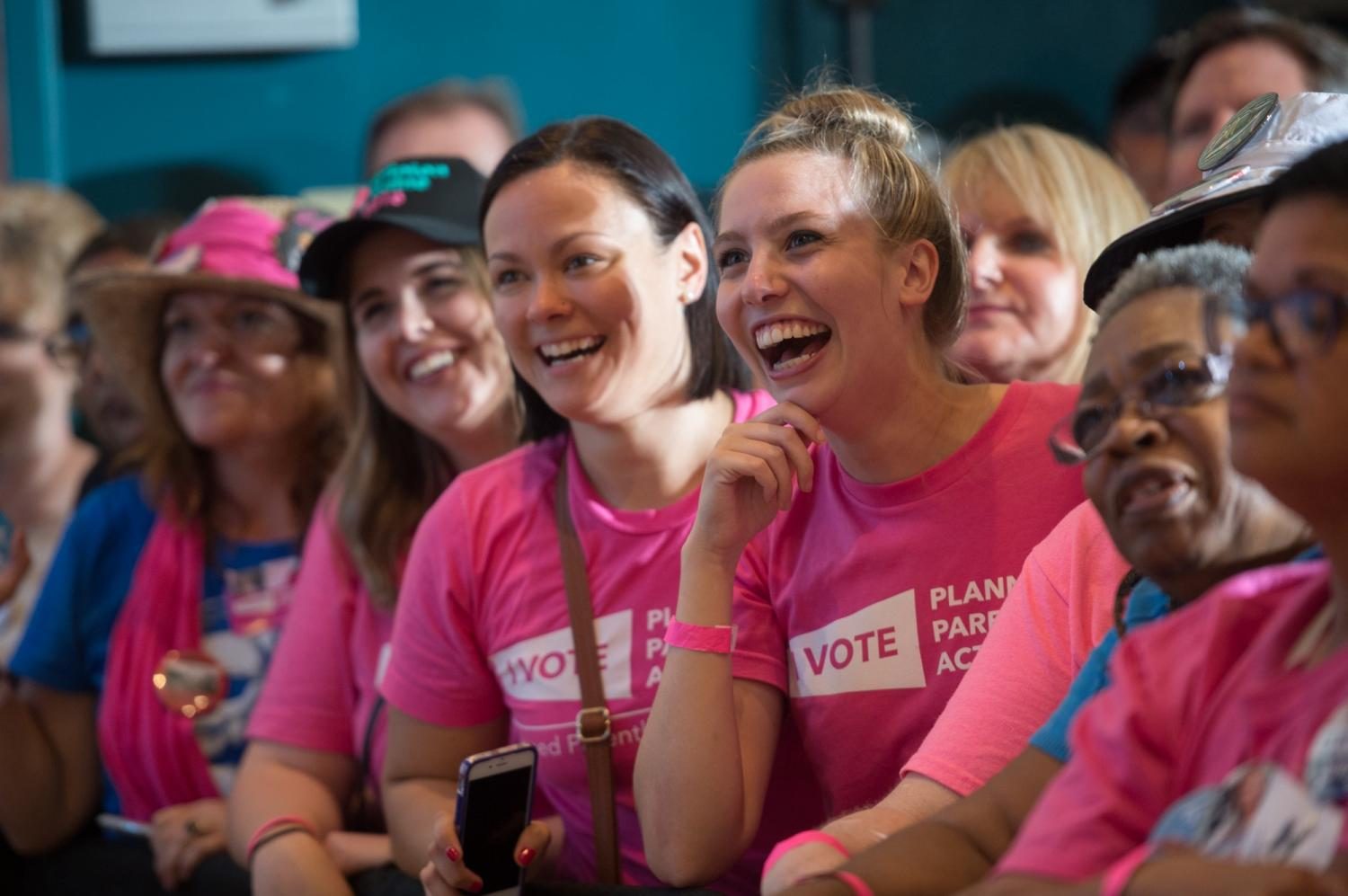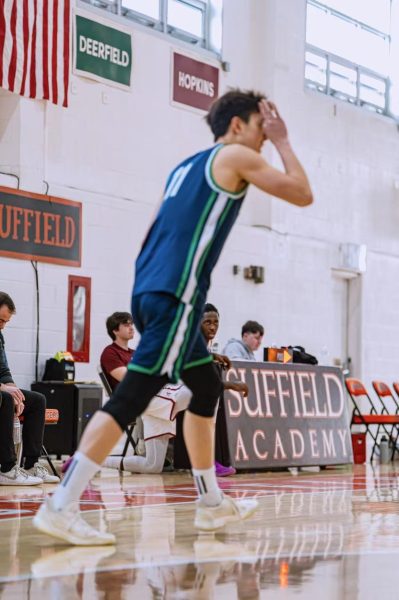Williston Women Take a Stand
The Williston Women’s Action Alliance is ready to tackle the big issues. Started by Ms. Klumpp, Ellie Scott ’18, and Ellie Wolfe ’19, this group hopes to empower Williston students and make them comfortable discussing controversial topics.
Ellie Scott and Ellie Wolfe both worked tirelessly for Hillary Clinton’s campaign through the summer and fall. After the results of the election, Mrs. Klumpp could see that both the girls were disheartened; she asked them what they could do together to help ease the concerns they had about women’s rights as President Trump took office.
They began with a workshop during Why Not Speak? Day and started gaining members, including juniors Sara Renkert and Katie Most, who have both been instrumental in furthering the club and its agenda.
The Women’s March on Washington also brought about the need for such conversation.
“We felt that it was very important to continue that energy which the march created,” said junior Ellie Scott. They had their first official meeting on March 27. Almost 30 people attended to discuss current events.
On Sunday, April 30 the WWAI had its first major event. A panel of local women including Elizabeth Silver (Chair of the Northampton Democratic City Committee and coordinator for 413forHRC), Laurie Garcia (chair of the Easthampton Democratic Committee), Nicole LaChapelle (Hillary Clinton Delegate to the Democratic National Convention, Member of the Democratic State Committee, and former treasurer of MA Democratic Party), Jean Marvel (teacher who attended the Women’s March in Kenya and Representative for Game Change: The Patriot’s Anti-Violence Partnership), and Tamara Smith (Easthampton City Counselor) spoke to students about their experiences in politics and answered questions.
The group already has plans in line for next year, including starting a newsletter with upcoming events.
Mrs. Klumpp believes Williston students should get involved politically in any way they can.
“Most politicians start from a very local level, and it is important to have your voice heard,” Klumpp said. “Calling your politicians, writing letters, and participating in marches are all important steps.”











